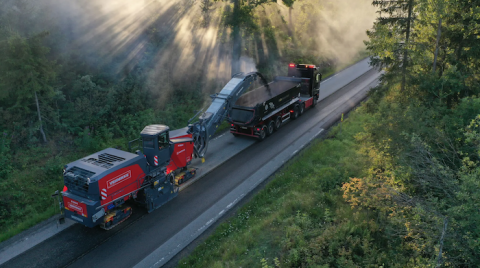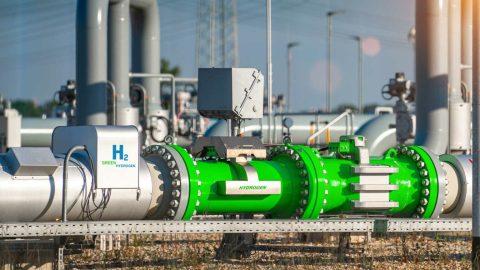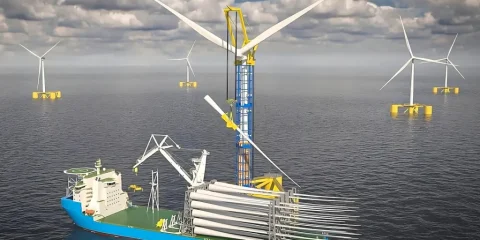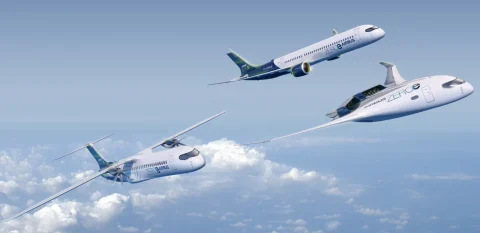Airbus has formed strategic partnerships with Kansai Airports, Kawasaki Heavy Industries, and Toshiba Energy Systems & Solutions Corporation. These collaborations aim to develop hydrogen infrastructure at airports and pioneer superconducting technologies for future hydrogen aircraft. This significant step towards sustainable aviation aligns with the industry’s move towards environmentally friendly solutions.

Hydrogen Infrastructure at Kansai Airports
Airbus signed an MoU with Kansai Airports and Kawasaki Heavy Industries to study hydrogen infrastructure integration feasibility. The study will focus on Kansai International Airport, Osaka International Airport, and Kobe Airport in Japan. This partnership is part of the “Hydrogen Hub at Airports” program, exploring hydrogen fuel use in airport operations.
The study will assess several key aspects:
- Evaluating the technological, economic, and legal feasibility of the hydrogen infrastructure plans
- Identifying challenges and proposing solutions through demonstration projects
- Estimating the initial and future demand for liquid hydrogen to support aircraft operations
- A few tons per day initially
- Potentially increasing to several hundred tons daily by 2050
- Decarbonizing both aircraft and airport infrastructure in Japan
Superconducting Technologies with Toshiba
Airbus UpNext partnered with Toshiba to explore superconducting technologies for future hydrogen-powered aircraft. They plan to develop a two-megawatt superconducting motor using liquid hydrogen for fuel and cooling. This collaboration, part of the Airbus Tech Hub Japan initiative, aims to advance aerospace technology and applications. The partnership supports Airbus’s goal of advancing superconducting motor technology and enhancing electric propulsion system efficiency.
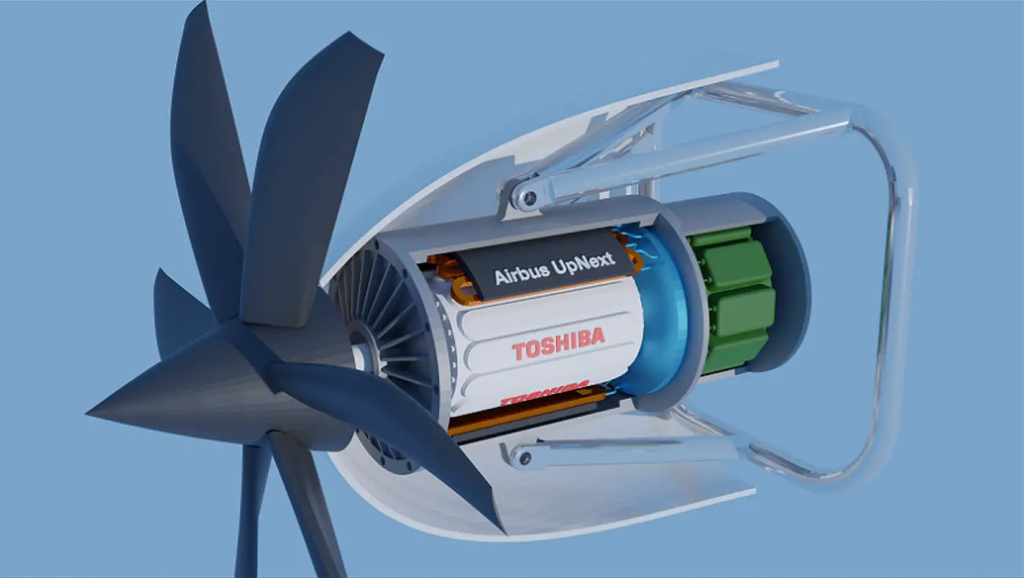
The Future of Hydrogen in Aviation
Airbus’s hydrogen technology initiatives align with the industry’s move towards sustainable aviation solutions. The company plans to introduce hydrogen-powered commercial aircraft by 2035 to significantly reduce emissions. Karine Guenan, Head of ZEROe Ecosystem at Airbus, emphasized the growing global interest in hydrogen as a decarbonization tool. She also highlighted the importance of partnerships with Japanese companies in contributing to hydrogen-powered aircraft introduction.
Grzegorz Ombach, Airbus Senior Vice President, emphasized the strategic significance of collaborating with Toshiba. The partnership aims to push beyond current limitations and develop breakthrough technologies for future hydrogen aircraft. This collaboration is crucial in advancing aerospace applications and driving innovation in the industry.
Conclusion
Airbus’s strategic partnerships demonstrate its commitment to pioneering hydrogen solutions in aviation. By focusing on infrastructure development and innovative technologies, Airbus is positioned to lead the transition towards sustainability. These efforts contribute to the global goal of achieving net-zero emissions by 2050. Airbus’s collaborations with Kansai Airports, Kawasaki Heavy Industries, and Toshiba are pivotal in realizing this vision.
Read More: Keppel & Woodside Make Hydrogen Deal for Singapore


